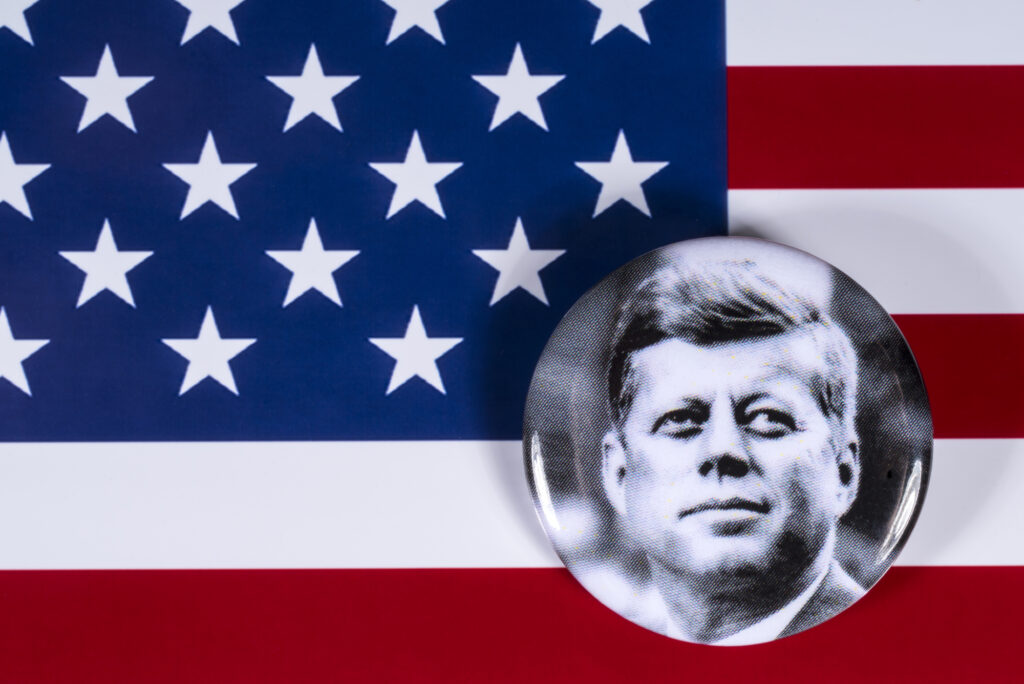Citizens Against Political Assassinations
Latest Updates
“CAPA Members, JFK Facts Members and supporters:
The ABC-TV special feature on the assassination of President John F. Kennedy entitled “Truth and Lies” that aired on November 24th (now on HULU) was promoted as a “deep dive” into “new information about the recently released CIA secret documents after 62 years under wraps.”
Unfortunately, again, what was presented as “new” information was not new at all. It was already long familiar to researchers, historians, experts, authors and filmmakers on the subject. Furthermore, the feature presented an abundance of content that was simply false.
Real experts were interviewed at length but shown for only a few seconds in the program. In other words, ABC News produced a travesty of journalism. As a result, the organizations known as CAPA and JFK Facts will come together to introduce available information countering the false claims that the producers of this program made.
If you are interested in participating in this endeavor, please sign the petition, LINK HERE. We will do everything we can to offer our services to ABC News to produce an accurate program in accordance with their stated goals.
CAPA

